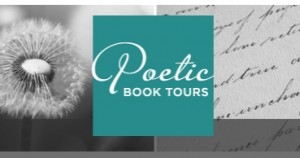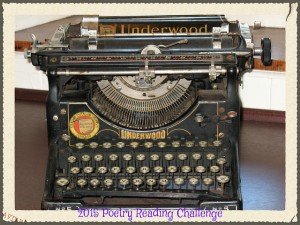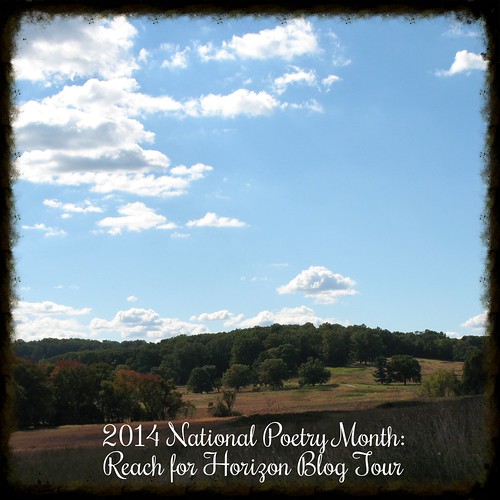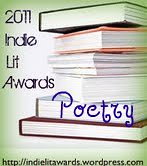I read fewer books this year, but some of them were fantastic. A lot of the best books I read were poetry. I did read some really great children’s books, too.
I’ve decided to keep the list short this year to only those books that stayed with me long after reading them. This does not mean the other books I rated five stars or four stars were any less fantastic.
Without further ado, here’s my list of the best reads from my year in reading:
1. The Hunger by Alma Katsu is my favorite kind of horror book — based in reality, elements of the supernatural, and deep tension.(my review)
2. Crumb-Sized by Marlena Chertock readers will be immersed in the narrator’s life of debilitating daily pain and how to cope and turn negatives in positives. (my review)
3. Nevertheless, We Persisted, with a foreword by Sen. Amy Klobuchar is a phenomenal collection of essays from those who have endured darkness and seen the light at the end of the tunnel. (my review)
4. Louisiana Catch by Sweta Vikram is fiction that exposes real life dangers that face many of us in the 24/7 social media world we’ve created. From catfishing to abuse, Vikram has developed a multi-layered novel of survival and strength. (my review)
5. Creepy Pair of Underwear! by Aaron Reynolds, illustrated by Peter Brown is the one children’s book that my daughter reads over and over when she wants to read before bed, during the day, or any time really. Rabbit lead character with an active imagination. (my review)
6. How to Love the Empty Air by Cristin O’Keefe Aptowicz is a love letter to the past and the passing of a mother. Told beautifully, Aptowicz examines the anxieties we all feel when loved ones do not assuage our fears that they didn’t arrive home safely and explores the empty spaces in between when we say “see you soon” and when it is too late to see them. (my review)
What books are on your best of 2018 lists?










 About the Author:
About the Author: I feel like my review time has shrunk and the blog has a lot of empty spots during the week. It has not been intentional. I’ve missed this space.
I feel like my review time has shrunk and the blog has a lot of empty spots during the week. It has not been intentional. I’ve missed this space.

 About the Poet:
About the Poet:













